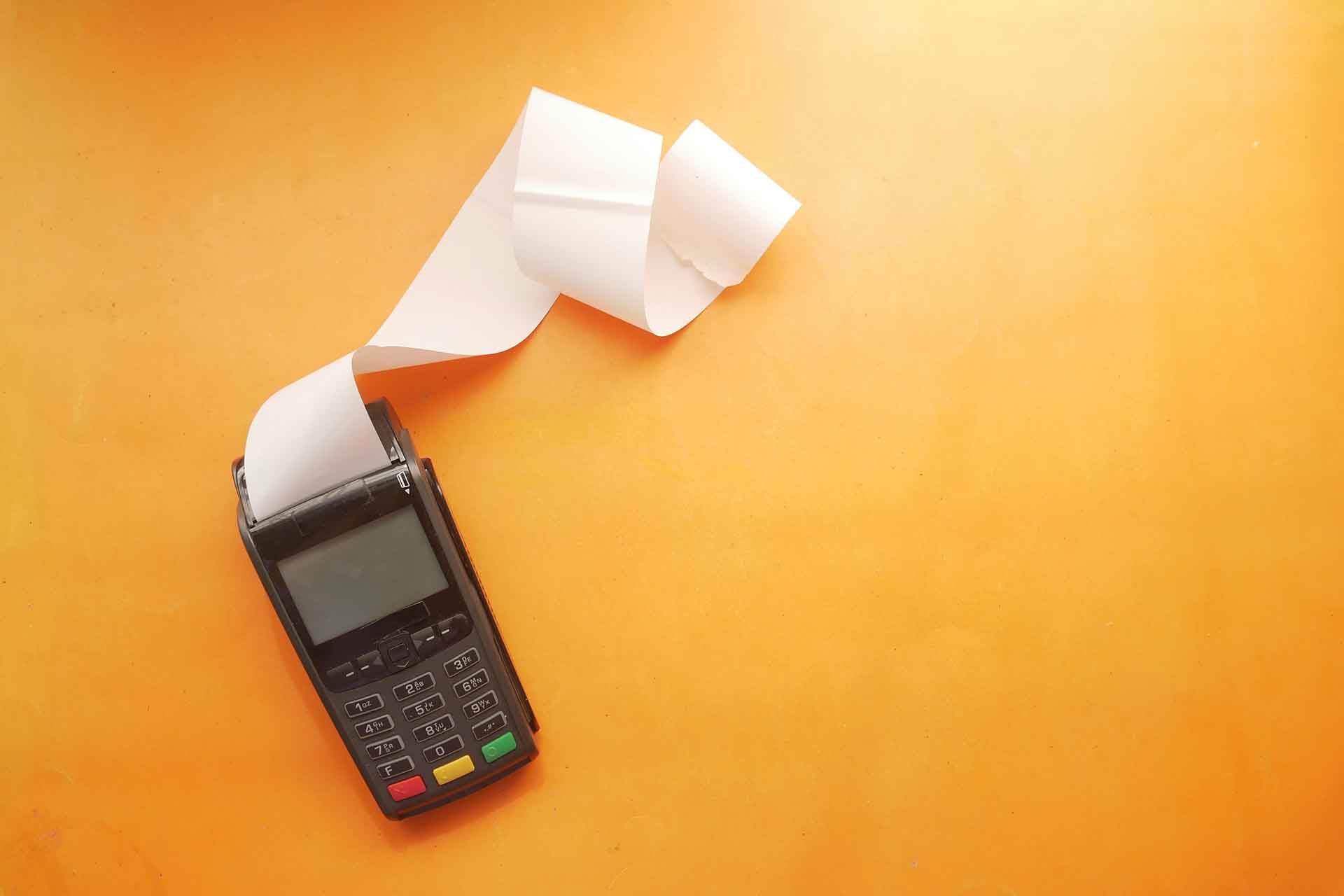Coming up to tax time, most property investors are now collating all their receipts, expenses, and interest details to provide to their accountants to ensure they maximise the negative gearing benefits the government offers to property investors.
The most common deductions are interest on your loan, rental management expenses and general expenses associated with holding the property.
But there are many other deductions that most property investors forget to advise their accountants to claim or simply don’t record the expenses.
We recommend that clients maintain a spreadsheet to track expenses throughout the year. Alternatively, you can have your property manager handle all expenses and provide a financial summary to forward to your accountant. This summary includes your total rental income and an itemised list of property-related expenses paid by the property manager.
Depreciation is the number one deduction that typically does not get claimed by property investors. Here are the 3 main depreciation expenses that can be claimed to maximise your return.



